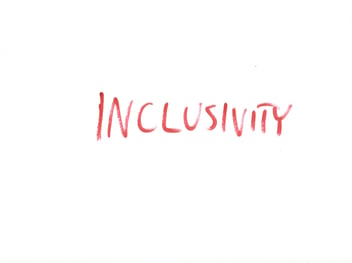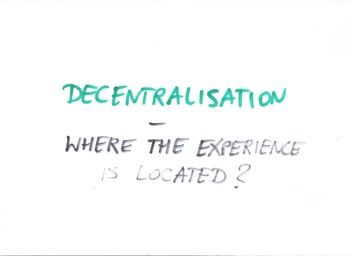How do we know how our actions are perceived?
We as managers need to get proper feedback as well, as formal power can lead to less empathy. We need to understand how our actions help our peers.
Setting Exchanging Feedback as a value can help to create a culture where every employee feels that they have the right to give feedback to another person in the organisation. And what is important when this value is well developed into the culture, it doesn’t matter where the persons who are a feedback sender and receiver sit in the organisational structure.
Yes, you hear me well. We as managers need to get proper feedback as well, as formal power can lead to less empathy. We need to understand how our actions help our peers. Nurturing a culture of feedback helps to reveal potential issues and deal with them early before they will grow up and became serious problems. However, to do so, we need to hear people, appreciate people who are sharing feedback even if we don’t agree with them. So the exchanging feedback is a great opportunity to use it as an entry point for team contracts (common contracts which the team obligated to maintain – our DO and DONT’S).
Power of feedback
I would like to share my case, so please watch the video:
This is an example of the power of feedback. We want feedback. Real, honest feedback, as soon as practically possible. If there is something good we want to hear about it. If there is any misunderstanding we want to hear about as well if there is any issue we want to deal with it as soon as possible.
Misunderstanding of feedback
There is one common misunderstanding of feedback – feedback is often connotated with unpleasant critique, where real feedback should cover the whole spectrum.
There is one common misunderstanding of feedback – feedback is often connotated with unpleasant critique, where real feedback should cover the whole spectrum. By this, I mean that feedback should often be related to positive outcomes, as well as focussing on things which need to be improved.
When I talk with business people, sometimes I hear, “we do it, we have appraisals every quarter” (or sometimes every year). Sorry, but this doesn’t really count as a feedback culture; it will most likely be another box-ticking exercise, which can bring more bad than good into your organisation in the long run.
Practical approaches to exchange feedback
Think about giving feedback as well as taking feedback on (this depends on what kind of the team you have): daily, twice a week, on a weekly basis etc. Train people to give and receive feedback in an appropriate way.
There is one key aspect to remember. People are not keen to give and take feedback If they don’t feel safe or trust their work colleagues. If you do not create a psychologically safe environment you will not able to build a feedback culture.
You don’t need to make an appointment to give or take feedback. Encourage peer-to-peer feedback. Encourage people to ask for feedback. Respect that it needs to be an ideal time and place for giving feedback – make it OK to say “not now”. Developing the whiteboard system (please refer to the previous articles) can be a great place for exchanging feedback. Just make it a normal, positive practice.
Look at the case study: where the learning and sharing knowledge system has been developed (there we share feedback as well).
There is one key aspect to remember. People are not keen to give and take feedback If they don’t feel safe or trust their work colleagues. If you do not create a psychologically safe environment you will not able to build a feedback culture.
For the next weeks, I will be publishing a weekly article and a video about a value that can contribute to strong, more adaptable and innovation-boosting company’s culture. I will share case studies and examples, to illustrate how these values can help you build a better culture for your company.
Subscribe now to avoid missing an update!





